4 Factors to Choose the Best JavaScript Framework
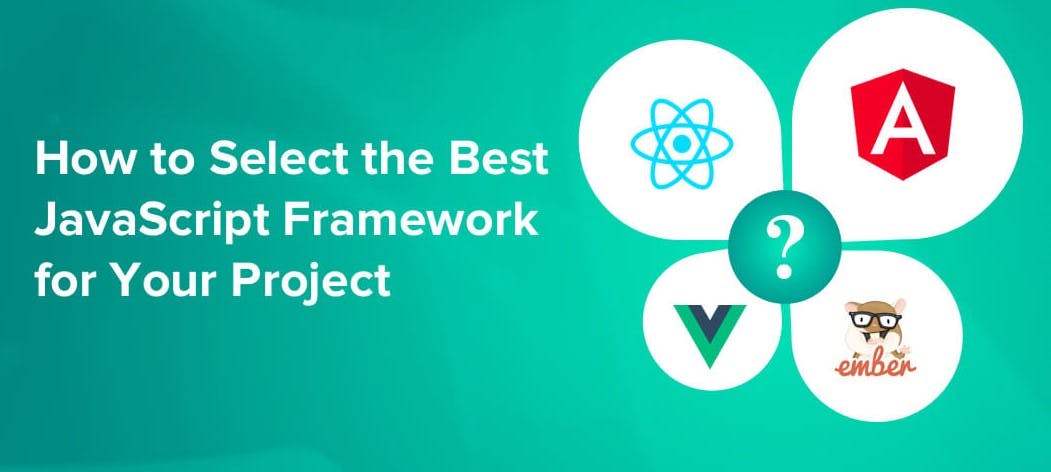
Just for a while, forget about which the best JavaScript framework is, and analyze the following analogy:
Consider building websites and web apps like preparing a dish — when you step into the kitchen to prepare a dish, you could grow and prepare all the ingredients from scratch and start making your dish without any recipe. But that approach would consume a lot of time and doesn't really make any sense. It's more likely that you would buy all the ingredients and then follow a recipe to come up with a mouth-watering dish.
Coding is very much similar. When you embark upon a path to code a website, it's possible for you to code every facet of that site from scratch. However, there are a set of website features that make more sense to apply from a template—if you need to add strawberries to your dish, for instance, it's much more sensible to buy them from the market rather than to grow them.
And that is where language frameworks come into the picture, and in our current context, it's the JS frameworks.
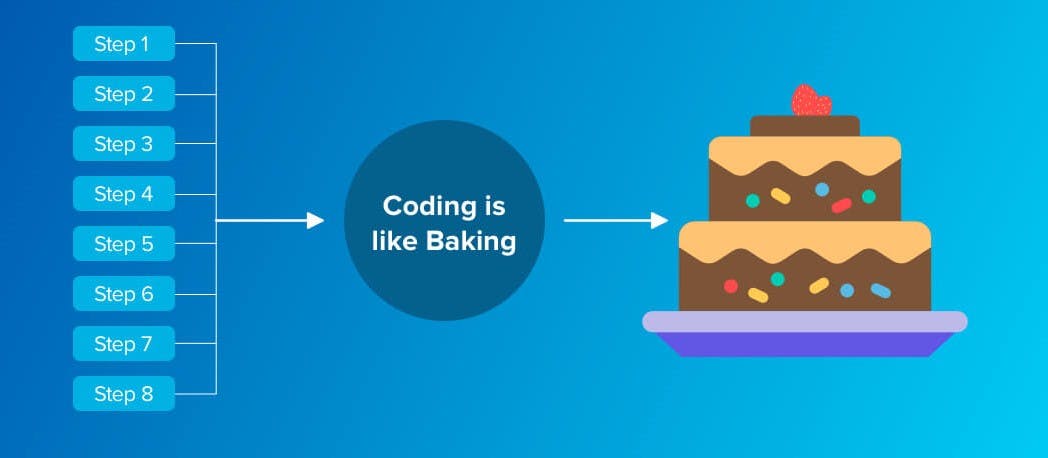
Which is the Best JavaScript Framework for Web Application Development?
By now, you may have analyzed the moment when frameworks come into play, but the next step—selecting the JavaScript framework for your project—is not that easy.
Unfortunately, when it comes to JS frameworks, there is not a single be-all, end-all to get acquainted with and use in all your web app development projects. You can find a dozen of the popular frameworks at any point of the time, embracing the latest JavaScript framework trends. However, with a score of options, comes confusion.
There was a time when jQuery was the most pampered JavaScript tag on Stack Overflow, accounting for approximately 8% of new questions discussed in JS communities. Soon, a topsy-turvy change took place after the birth of AngularJS and React, thereby affecting jQuery's mindshare amongst the community. Then around the beginning of 2016, a quick jump from AngularJS to Angular took place and developers began to embrace the latest flavor of the framework from Google.
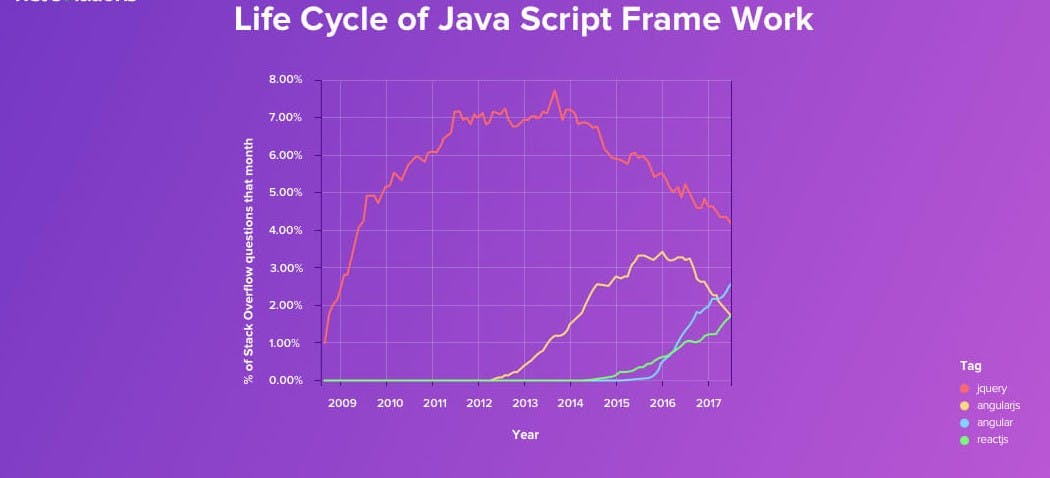
So, how do you choose the best JavaScript framework for your next project? In this blog, we will shed light on the factors that can help you make an intelligent choice.
1. Speed
In today's highly digitized and cut-throat ecosystem, where the world is in a rush, time plays an indispensable role when choosing a framework.
The reason why the time factor is vital when choosing a framework is that without the time to study, test, and code that framework, it's pointless to struggle. In some cases, you will need to deliver a project in a short span of time, so introducing a new JS framework at that moment will definitely cause delays.
Therefore, it's important to plan ahead on timing, and when it comes to planning, do check the 'quantity of code' that the particular framework will make you write.
Apart from quantity, also check the 'complexity of the code' that the team of developers will have to write as complexity is also directly proportional to the time to market.
Complexity results in writing more number of codes, which in turn paves the way for errors, initiating a vicious cycle of errors and re-writing codes.
Note the following fundamental rule of programming:
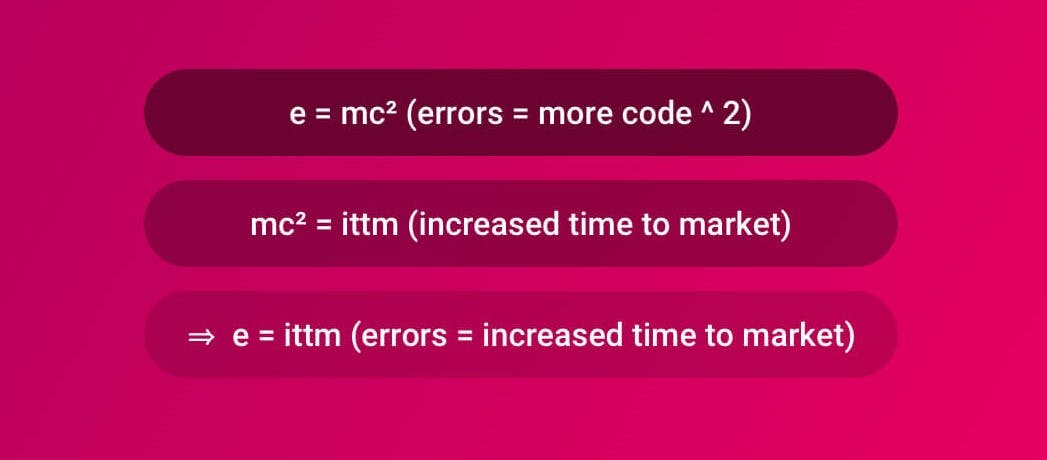
Moreover, apart from the speed to market, there is one another speed that matters—how quickly and smoothly the app runs at the user end.
There are many frameworks that will work perfectly well when it comes to "quick time to market", but always answer the question: will it satisfy the most important user criterion—performance?
2. Productivity and Performance
It is a fact that 'performance' is a critical factor, which influences your decision to choose a JS framework. However, it's important to make a point here that performance is not the only factor that matters.
Most of the top JavaScript frameworks perform reasonably well and if you glance over a few statistics from case studies , you will find that even above average performance gains can result in a big boost to vital business metrics—time on site, conversion rate, etc.
Thus, making your decision based solely on performance factors is not at all an intelligent move. There are many other vital factors beyond performance, productivity, for instance. And, it is said that a more opinionated framework paves the way for higher productivity.
What is an Opinionated Framework?
When it comes to JavaScript frameworks, "opinionated" implies the framework's own conventions that developers will follow in their project, thereby leaving very fewer topics to discuss as the developer.
For instance, Ember is opinionated to a very large extent. As a developer, you have to do things the "Ember" way. And, if you have decided to go that way, one thing is assured—you can progress in a really quick manner. React, its competitor, on the other hand, leaves a lot up to the developer. In Ember, you manage the URL routing the way Ember wants you to.
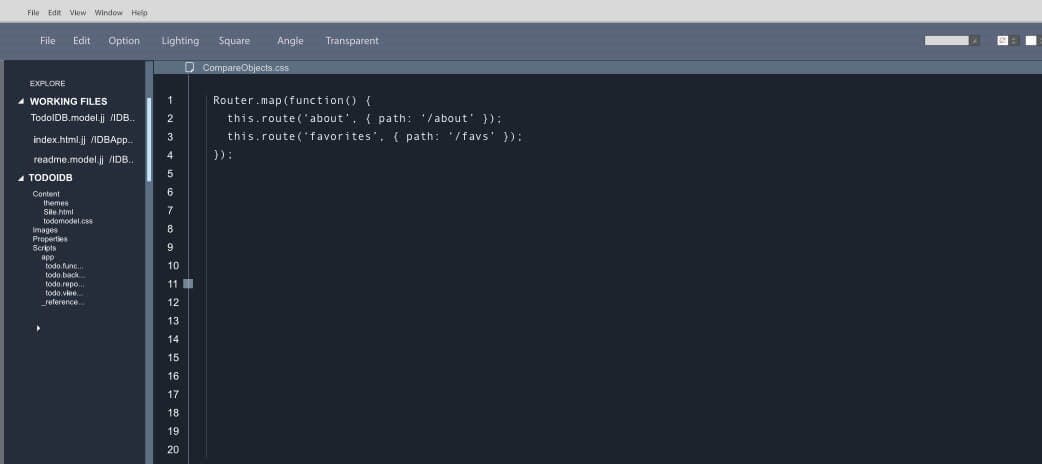
On the contrary, in case of React development, you decide how you want to do URL routing, for example, by pulling in another routing library. No doubt, it makes the environment flexible, but at the same time, it also slows you down, thus hampering your productivity.
3. Development Cost
Turning your next big web development idea into reality comes with a price tag. And the choice of JavaScript framework directly impacts the development cost.
Hence, whenever you are struggling to find the best Javascript framework for your project, take the following two main issues into account:
The team of developers and their cost — Hiring web developers is not as easy a task as it seems to be. They are well-paid and highly skilled professionals whose salaries depend upon the technologies they work with. Thus, the cost of your web app development project will depend on the tech stack that you go ahead with.
The maintenance cost of the web app — You have cracked the first phase of the project as soon as you finalize the JS framework that you will go ahead with. However, the second phase awaits you at the other end—maintenance of the code. It is advised to go ahead with the open-source technologies to reduce the maintenance costs of the code.
Track Record
A new framework always takes birth to solve an existing problem in the web app development world, enabling the developer to deal with the old challenges quickly or solve new problems effectively that you were unable to solve before.
This new JS framework turns out to be a magic wand for you, helping you solve your problem in a couple of days, which earlier took months to crack.
However, within a few months of the release of this new framework, you find yourself shackled into other problems—investing an immense amount of time reinventing the previous framework tools, rewriting your project using the latest framework, and so on.
In today's era of hype, it's hard to resist the temptation to switch to a new JavaScript framework when all your competitors in the market are bragging about their new shiny toys, making you feel inferior about your approach towards the project. This is what "Hype" can do.
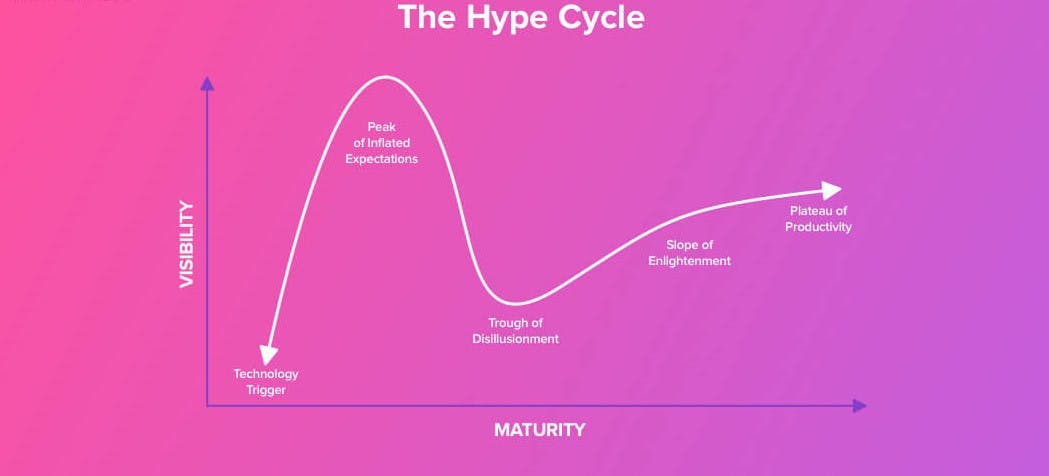
Bonus: Resist The Hype!
Always remember that even the best-documented and most elegant library can be easily dismissed if it's only been around for six months. You can think about uncountable scenarios when developers adopted the "next big thing" and when things started to go bad for them, they switched back to the old JavaScript frameworks. Thus, a strong track record is an important parameter that plays a crucial role while choosing the JS framework for your project.
For instance, Express, released in 2010, is still considered the default Node.js server framework despite the JavaScript ecosystem's fast-moving pace.
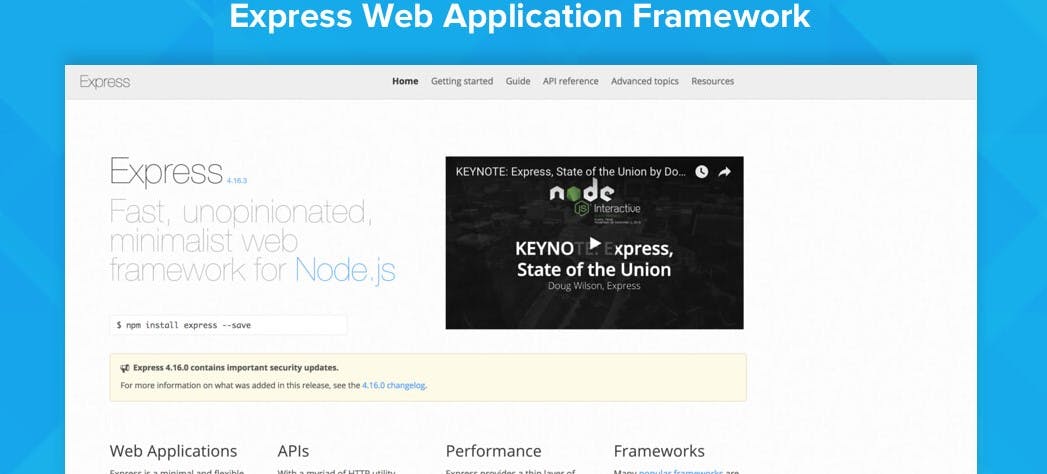
Final Thoughts—The Best JavaScript Framework Depends Upon Your Project
In today's fast-paced digitized ecosystem, a plethora of unique frameworks takes birth with each of them showcasing the different characteristic advantages. And, it has opened up the doors for the rift in the JavaScript community with developers advocating their favorite JS framework.
Amidst all this chaos, a very interesting question emerges—which is the best JavaScript framework amongst all the existing frameworks? And the simple answer is—all of them.
Maturity in the field of JavaScript framework lies in the fact that there is no 'number one' framework. At the end of the day, the best JavaScript framework is the one that best suits your project requirements.
